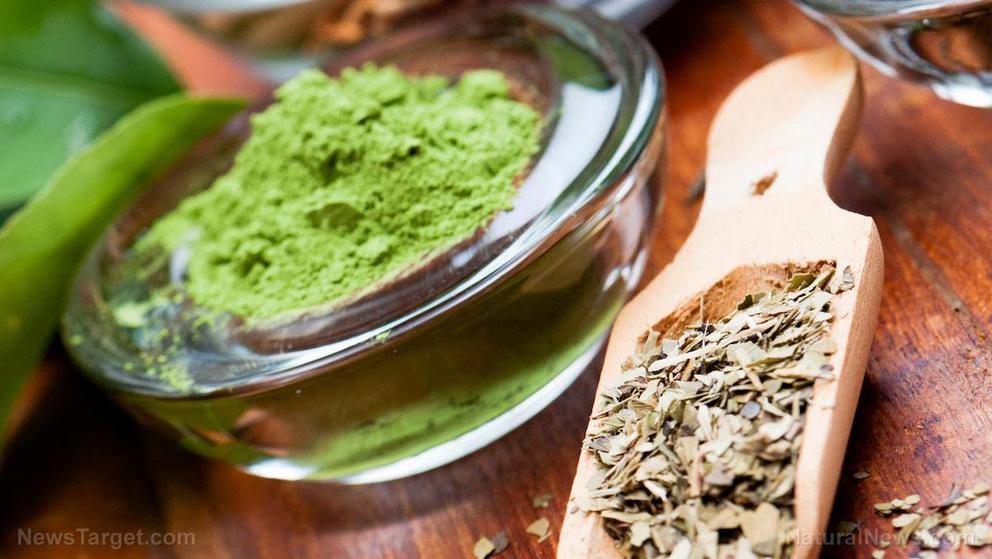How does green tea extract help you lose weight?
Antioxidant-rich green tea is considered one of the healthiest drinks because it contains many nutrients with beneficial effects. Studies have found that extracts from green tea extract can help with weight loss.
Unfortunately, countless companies prey on unsuspecting people who are desperate to lose weight. In fact, consumers in America spend a whopping $35 million on weight loss programs and products each year.
There are “miracle pills” that claim to help you drop 30 pounds within a month even if you don’t go on a diet. Other bogus products include jewelry that allegedly helps stimulate fat loss simply by wearing it.
There are many products marketed for weight loss that make very suspicious claims. While some are outrageous, others are presented with enough “smart” marketing to make them seem plausible. This makes it difficult for consumers to determine which products are worth every dollar and which ones are only placebos.
Recent studies have shown that green tea is a superfood that naturally and effectively promotes weight loss. However, compared to other products with claims that are only based on conjectures or hypotheses, green tea extract weight loss claims are actually backed by scientific data.
In fact, for well over a decade, researchers have been evaluating the link between weight loss and a chemical in green tea called epigallocatechin-3-gallate (EGCG) that helps promote weight loss.
If you’ve ever picked up a bottle of supplements or read a news article about green tea, those initials are probably familiar to you. But just what is EGCG and how does it work to help promote weight loss?
EGCG explained
EGCG is a catechin, a type of antioxidant found predominantly in tea and in smaller amounts in red wine and chocolate. Most people know that antioxidants can help decrease the harmful effects of oxidation, a process associated with premature aging and cell breakdown. But this particular antioxidant does more.
When consumed, EGCG helps promote fat loss by increasing the rate at which the body burns fat — its fat oxidation levels. Researchers aren’t completely sure how it does that, but it appears to speed up thermogenesis, a process that uses calories to generate heat.
It also helps prevent the breakdown of a neurotransmitter called norepinephrine, which plays an important role in weight management. Norepinephrine works by signaling the brain that you’re full. When levels are low, the body feels hungry.
EGCG helps keep norepinephrine from degrading too quickly, which means you’ll feel fuller longer.
A study conducted at Penn State University also found that EGCG can make mice on a high-fat diet gain substantially less weight than mice that were fed the same diet but not given EGCG supplements.
EGCG also appears to prevent fat cells from taking in more fat. That’s important, because after puberty, the number of fat cells you have stays fairly stable. However, this doesn’t mean you can’t gain weight.
But when you do, it’s because your fat cells are expanding to hold more fat. By slowing each cell’s ability to increase its fat stores, weight gain can be controlled.
If you’ve been keeping track, that’s a four-pronged attack on weight gain:
- Increasing the rate of fat oxidation and promoting thermogenesis
- Inhibits breakdown of norepinephrine to help control appetite
- Spurs weight loss even without dietary changes
- Prevents fat cells from increasing their fat capacity
What about caffeine?
Of course, because green tea contains caffeine, some have wondered if it’s actually the caffeine that’s causing at least some of these effects and not EGCG at all.
Cue research! A study published in the American Journal of Clinical Nutrition compared the effects of EGCG and caffeine in two groups of mice, one that received green tea extract and one that received caffeine.
What did they find? The mice that received green tea extracts had significantly greater fat oxidation rates than those that received only caffeine, demonstrating that the fat-oxidative effects of green tea have nothing to do with the tea’s caffeine levels.
So, if you don’t like caffeine, you can still enjoy all the benefits that green tea has to offer simply by choosing a decaffeinated supplement.
There are lots of other studies supporting the role of green tea in a weight loss management program, but the primary thing to remember is to select a supplement from a reputable company to ensure that you’re getting what you’re paying for — and to ensure that the benefits are as great as they can be.
For full references please use source link below.

